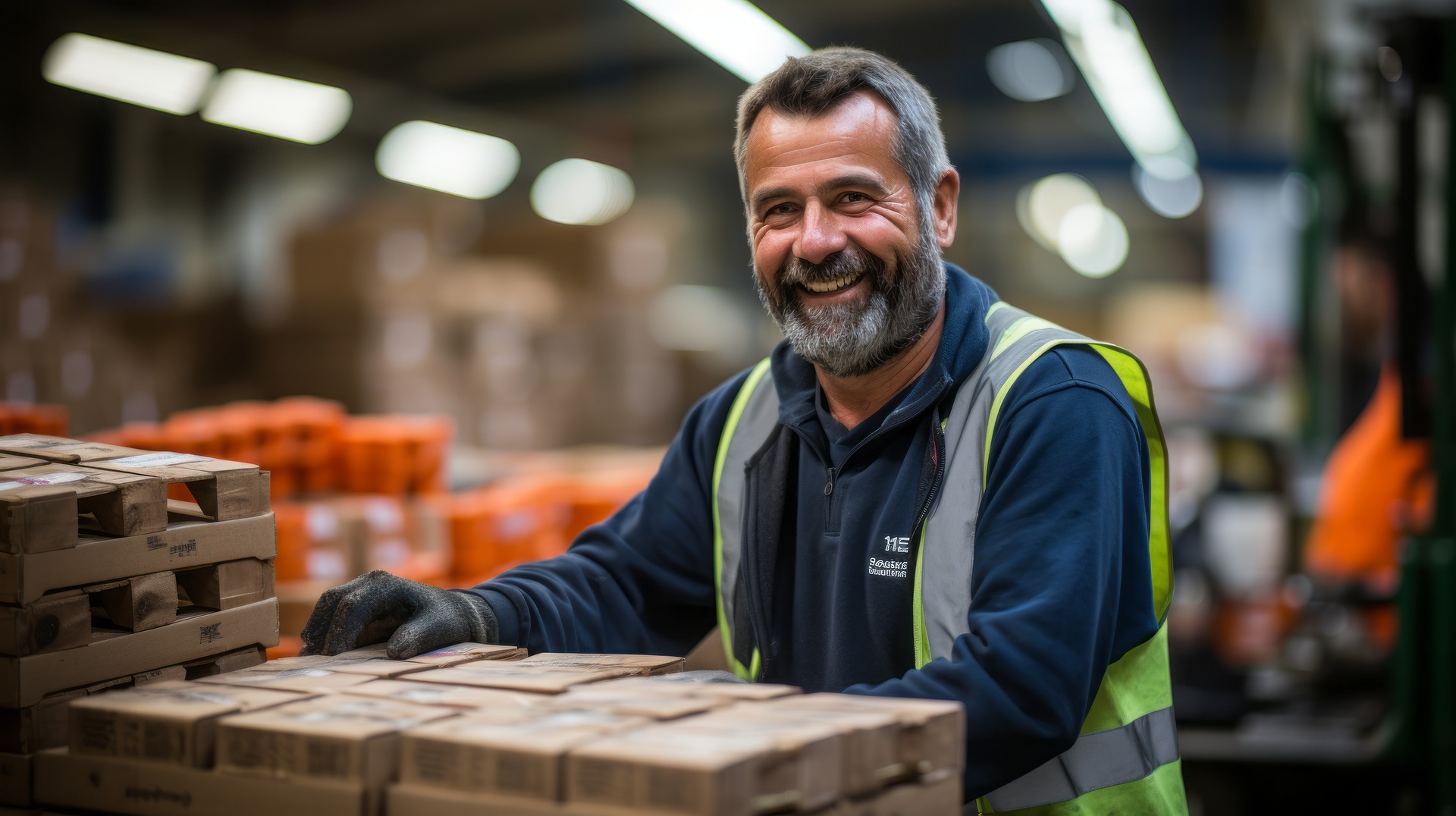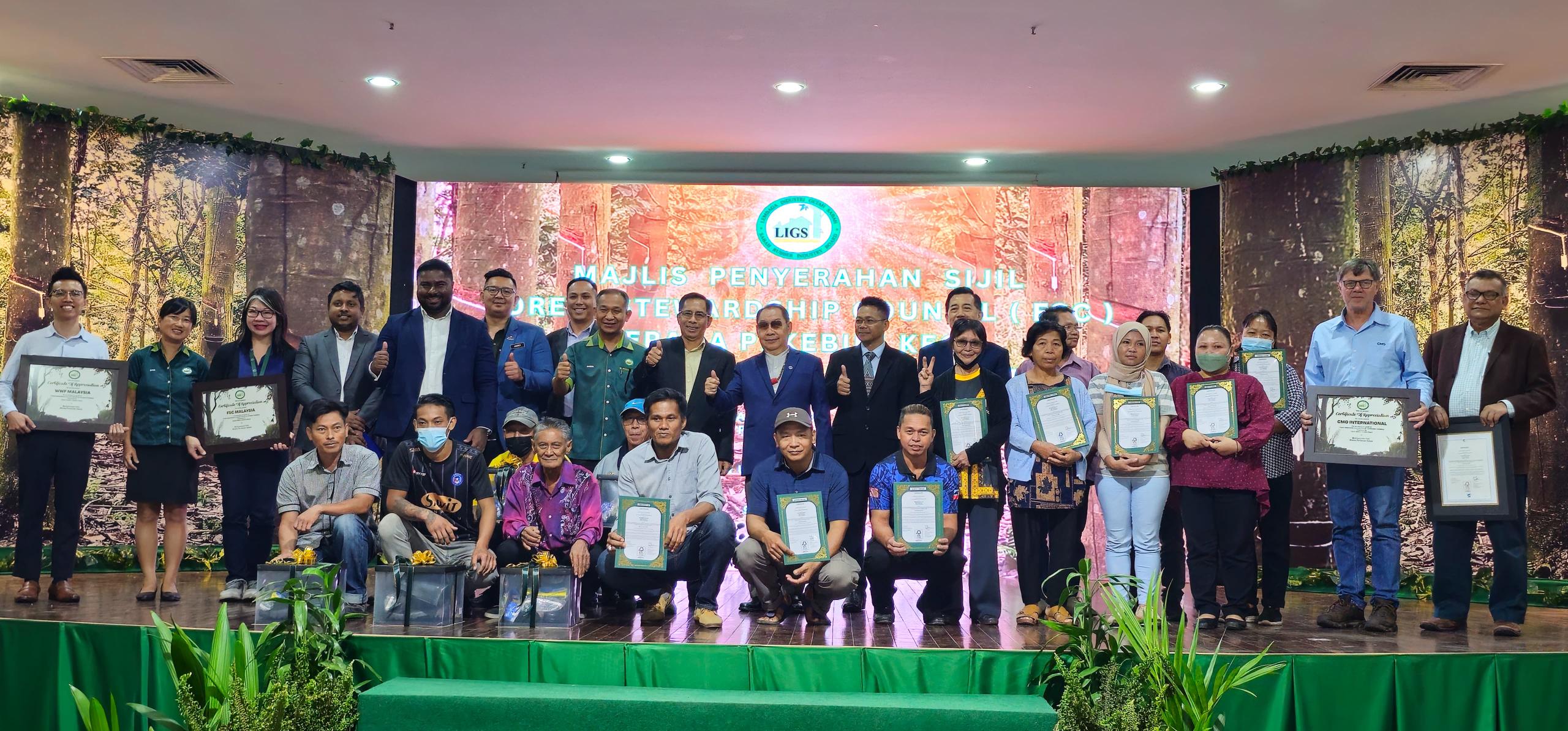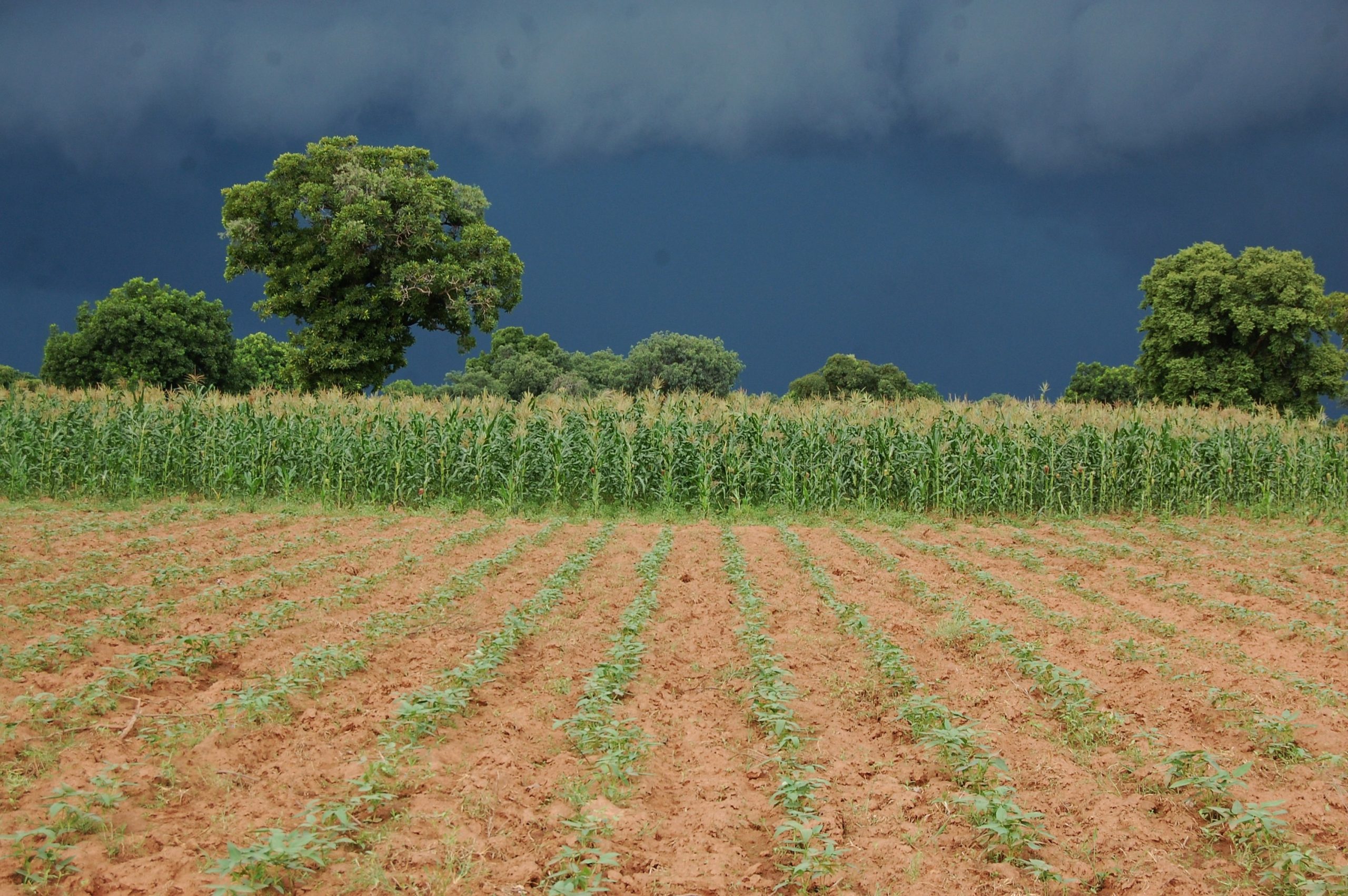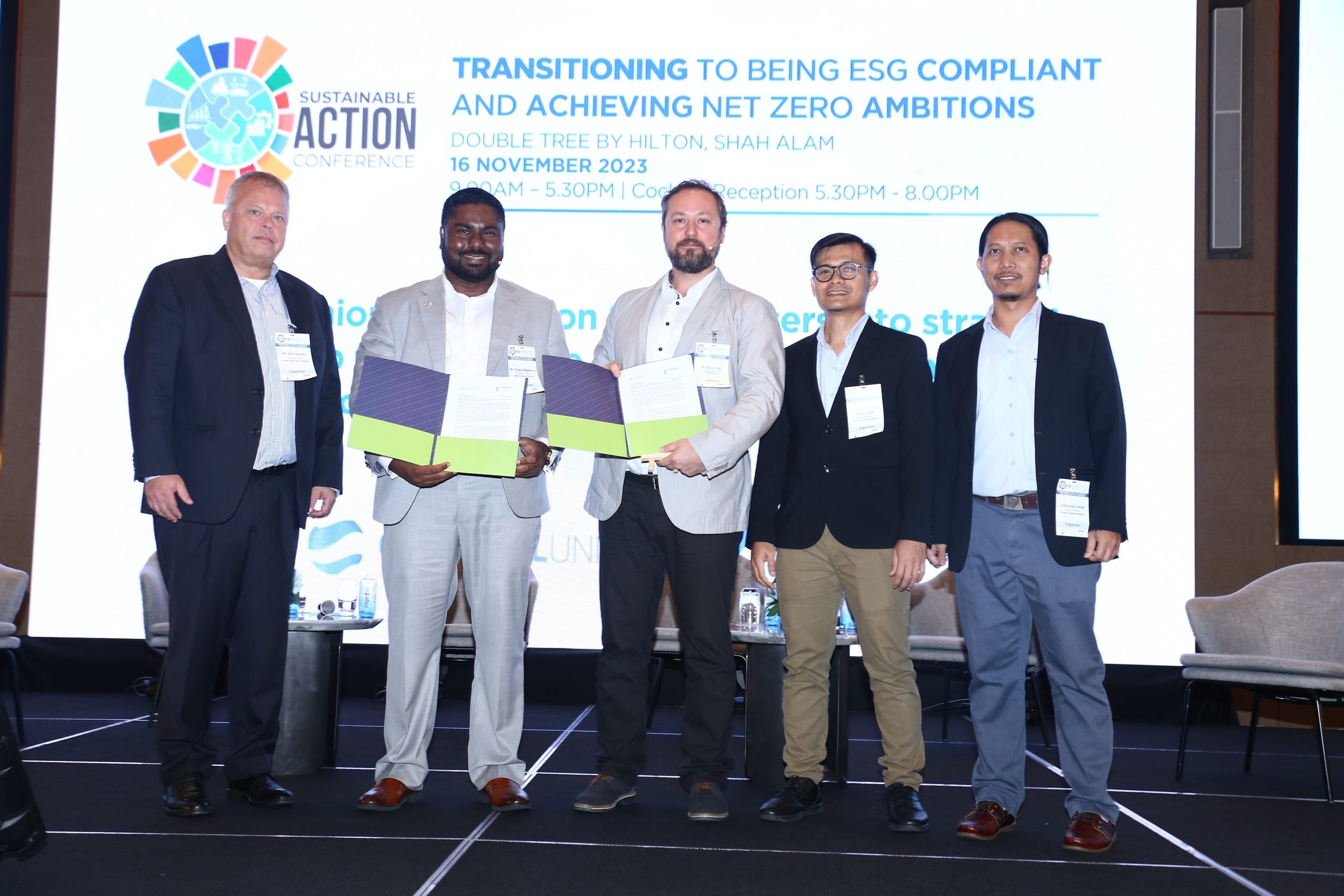
Control Union Indonesia helps to restore Ecosystem Pramuka Island
Read this news – internal
Agri reports from Brazil and Argentina

Control Union approved as Third-Party Verifier by BCI

An indispensable step in supply chains: Warehouse Due Diligence

First certification under ASC Feed standard completed in Chile

How sustainable tourism profits from certification

Malaysia welcomes its first FSC®-FM/COC certified rubber plantation

Sustainable Cotton Cultivation Unveiled: Rainfed Farming and the NICE Standard

Ship with bugs not allowed to enter Australia. Huge costs for trader and clients.

Control Union Malaysia and CarbonSpace Pioneer Exclusive Partnership to Elevate Sustainability in Malaysian Palm Oil & Forestry Sector

How can we help you?
Can we help you with more specific information about our Testing, Inspection and/or Certification Services? Or maybe some advice in your language? Any other questions? Let us know and we will gladly help.